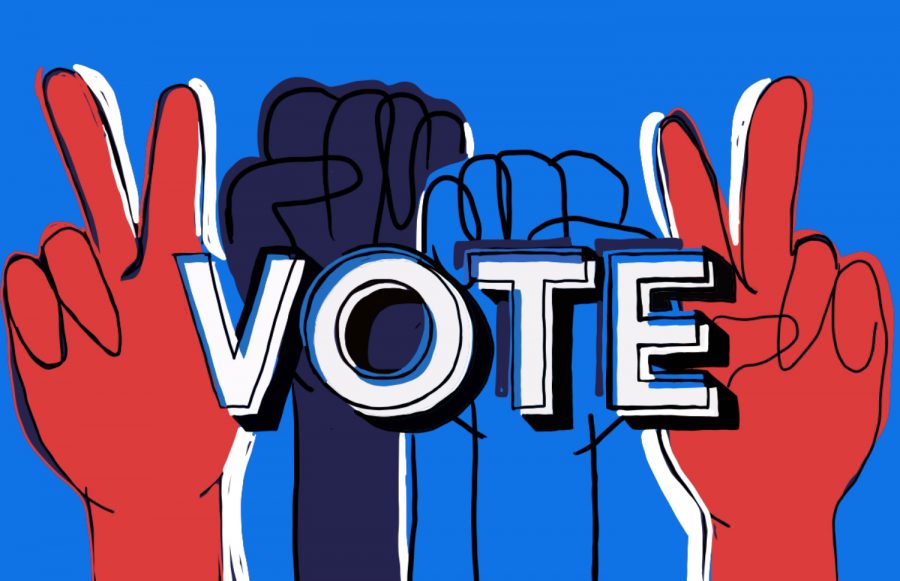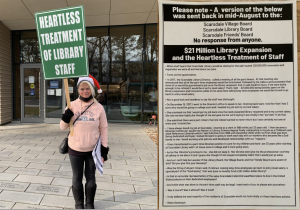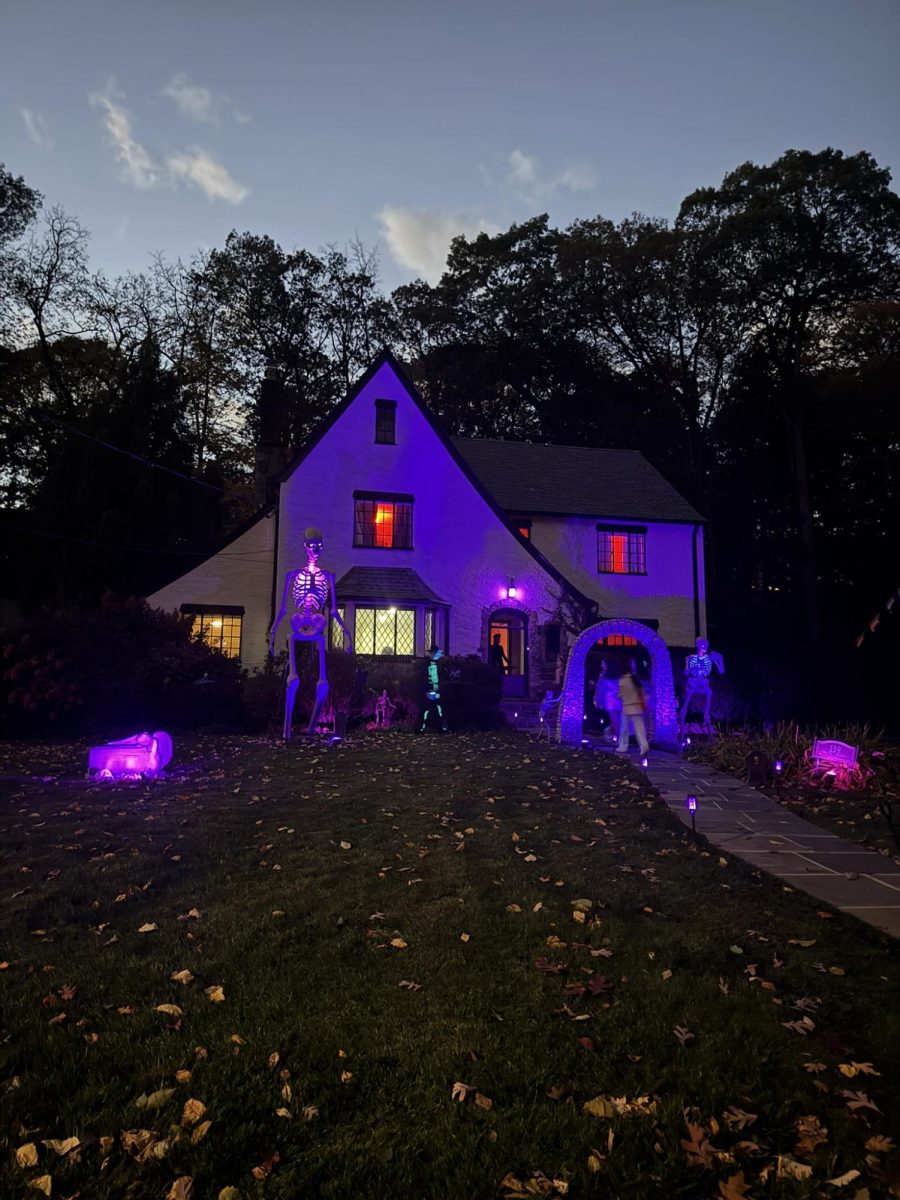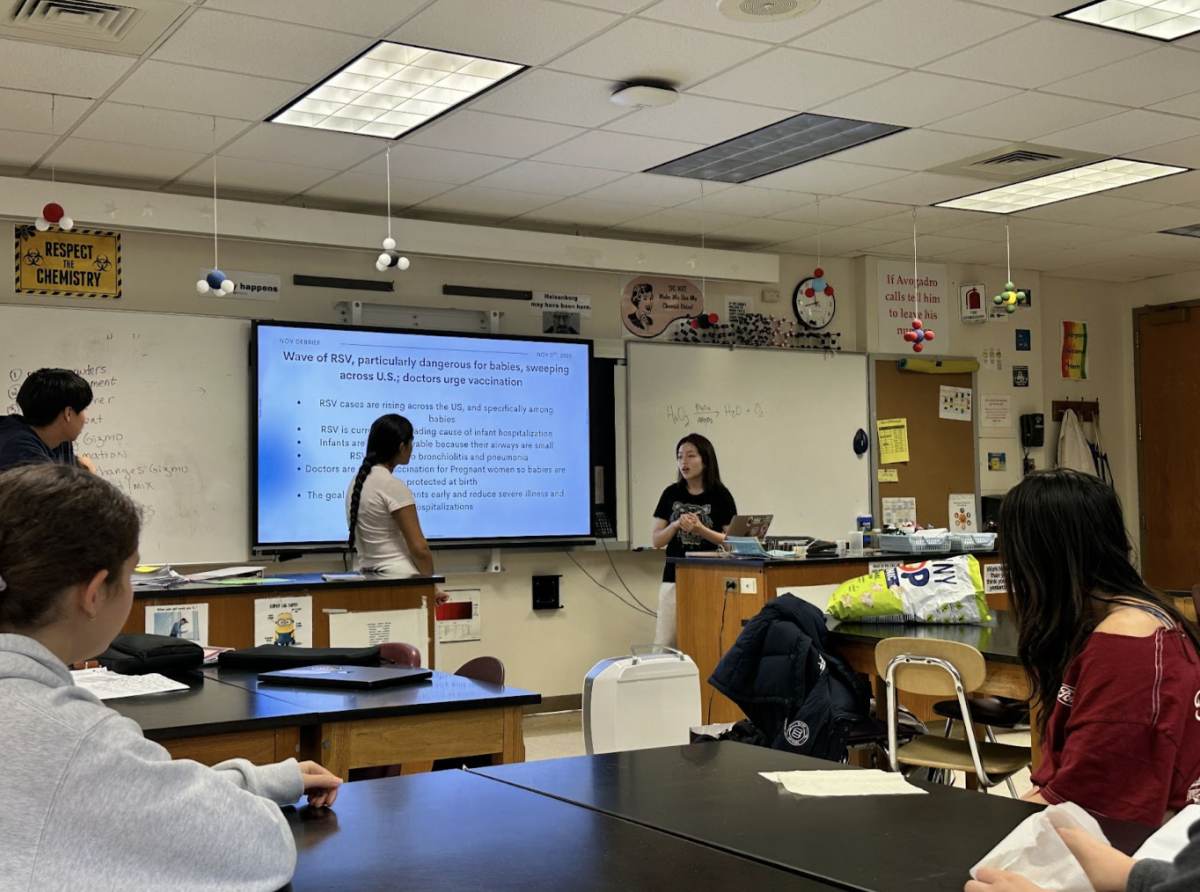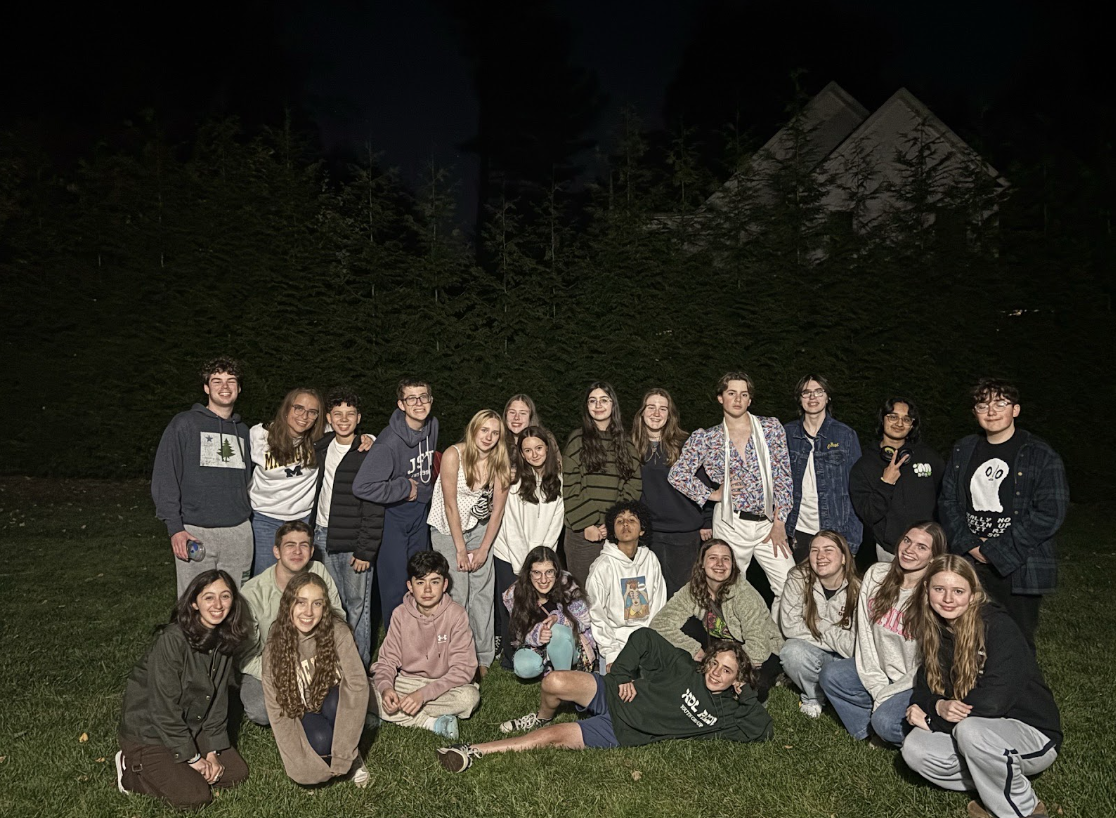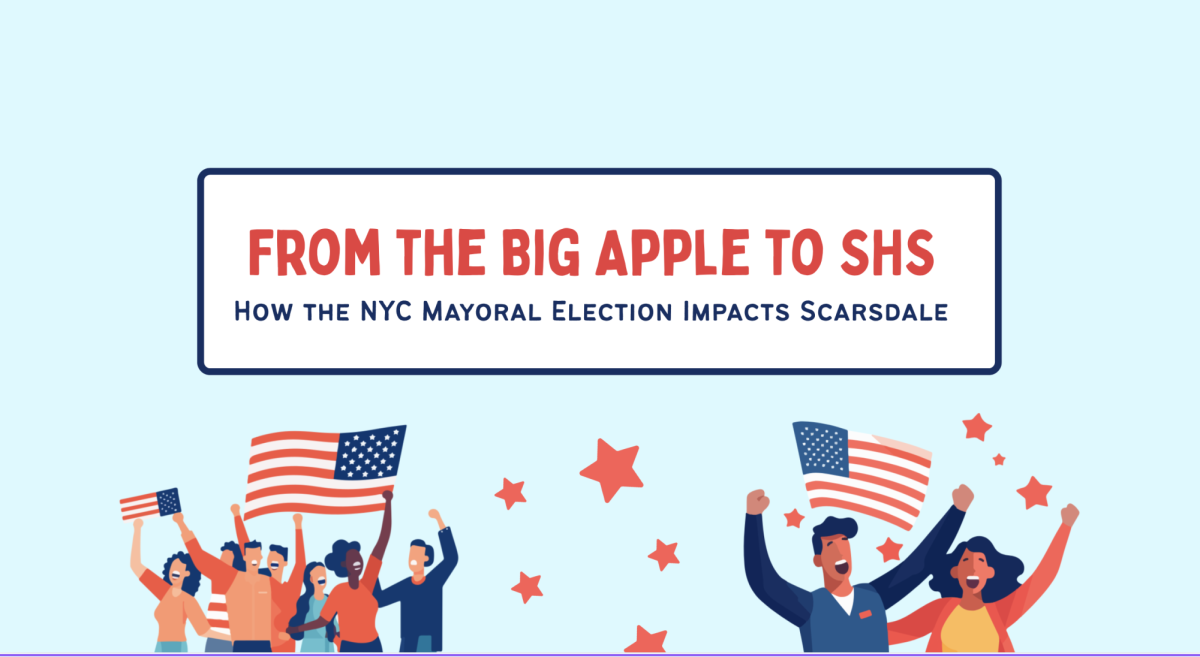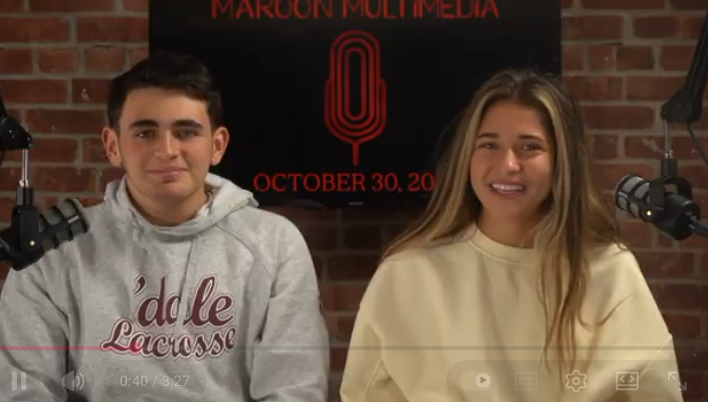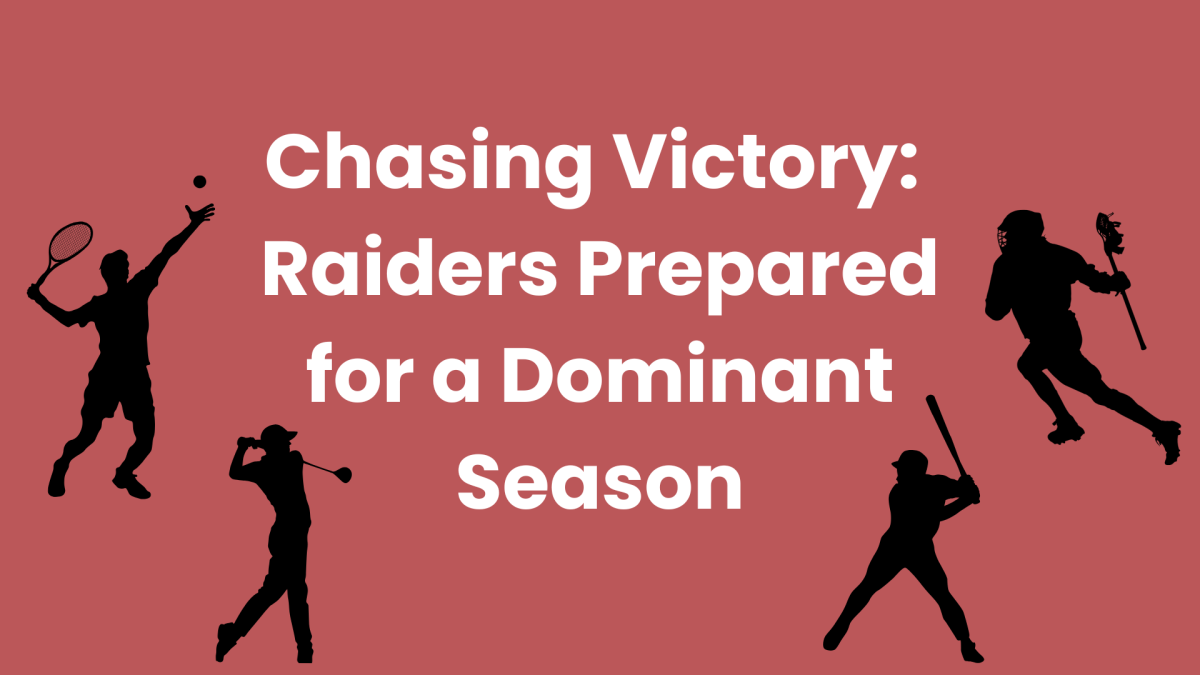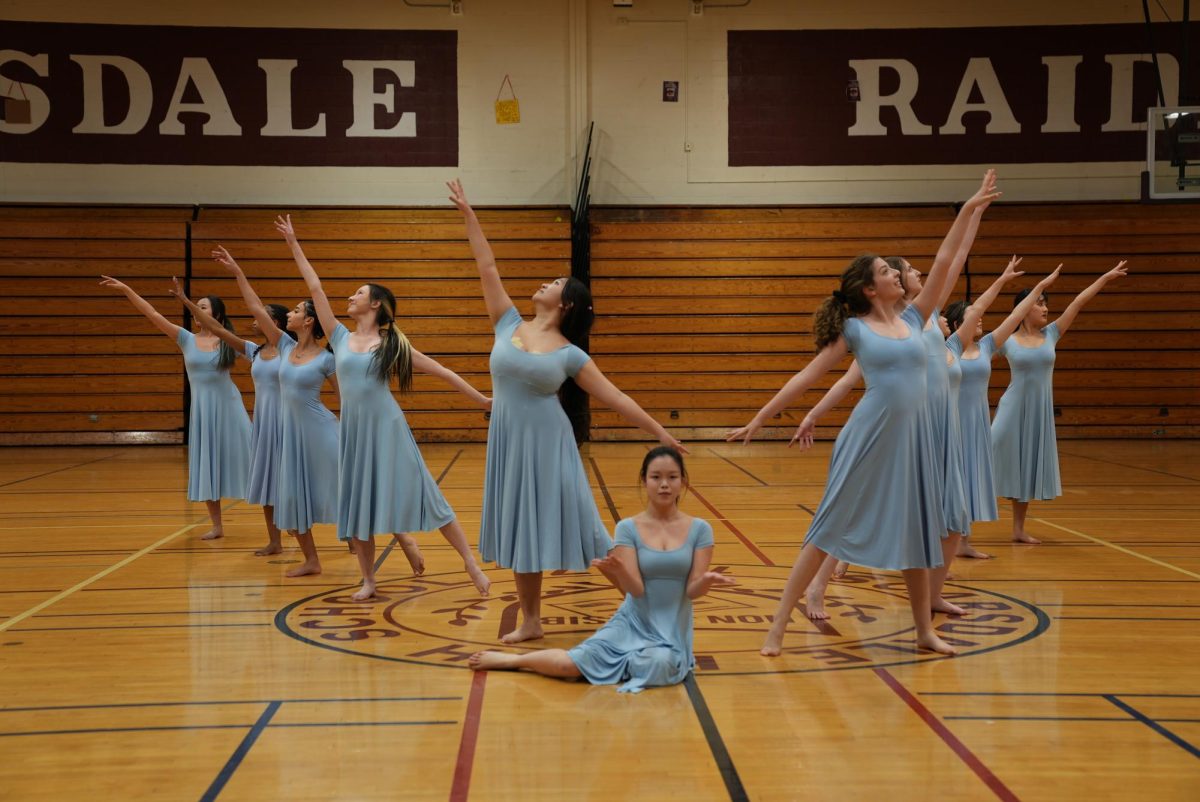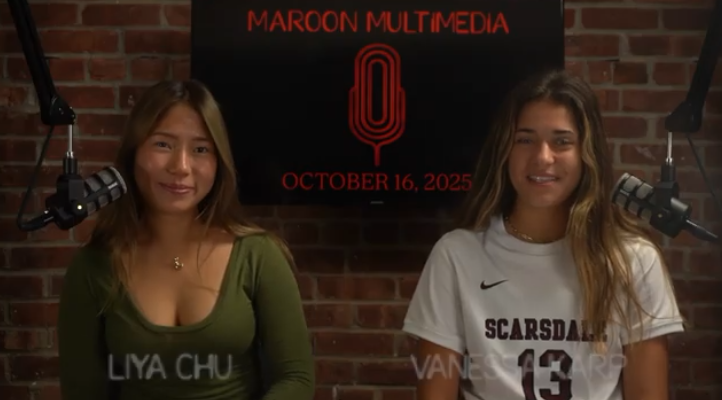No Vote, No Problem: How To Get Involved In The Election
Students who are not of voting age still have numerous opportunities to engage in the election process.
October 28, 2020
Though a year of misfortune after misfortune, 2020 has also been a year of mass sociopolitical change. From the beginning of May until this day, youth all around the globe have been working collectively to spread information and awareness of current events and the ensuing structural violence.
With the upcoming 2020 U.S. Presidential election, many of the adolescents who have been advocating their moral and political views may feel that they are at a loss in the greatest playing field: voting. However, while teenagers may not be able to directly influence the results of the election, they have the power to indirectly influence both the election and politics greatly.
Many students can recount being told at some point in their lives that they can participate in the election by talking to their parents and ensuring their voices are heard through their of-age family members, but discussions with family members are not as simple as it sounds. A few family dinners may not be enough to support or oppose your parents’ political views.
The first and most important thing for a high school student to do in order to get involved in the election is to educate themselves. The concept of educating oneself may sound simple but many factors can complicate the process of getting reliable, unbiased information about both the candidates and the election. The most notable obstacle is social media.
With the presence of the internet, two problems arise: false information and polarization. For false information, information can often be misconstrued and when these misconceptions are spread, the information available to the majority of people may largely deviate from the original. Additionally, many social media accounts may spread factually incorrect information that could deceive the public’s opinions on certain issues.
Aside from the spread of false information, social media also increases the likelihood of political polarization; that is, the divergence of political ideas to the extremes of each respective side. Social media does this through “filter bubbles” where users are consistently exposed to ideas that they have shown agreement to in the past. This makes it so users are more often faced with posts and news regarding topics that they agree with, thus validating their opinions. This constant exposure to one side of ideas can, although subtly, polarize the political sphere as individuals tend to gravitate towards the extreme opinions of their respective political parties. Political polarization could lead to increased conflict and could severely reduce the amount of bi-partisan bills that can be passed.
In order to combat the troubles that the internet and social media may bring, it is important to discern which sources may be biased and to always fact-check information you learn from a site. Moreover, in order to resist polarization, it is important that individuals ensure the posts that they like and view are those that they truly agree with and not just part of a trend that people get caught up in.
After educating oneself, which should be a continuous habit until and even after the election, the next way to get involved in the election is through talking to adults around you about your opinions.
While the immediate goal for many may not be to change an adult’s vote, a lasting impact that can come from having such political discussions with adults is a greater political understanding. When adolescents converse with their parents and other close adults about politics, they have a chance to experience politics through the lens of an adult. This discussion could give teens insight into how certain politics affect adults and what an adult needs to take into consideration when voting. Although these discussions may not affect the outcome of the most immediate election, they could have a strong impact on how high school students now will vote when they turn 18.
Another way to get involved in the election as a student would be to volunteer (virtually). With current pandemic and social distancing policies, volunteering in person may be difficult, but there are many ways high school students can utilize the internet in order to contribute to the election. For instance, adolescents could volunteer for campaigns by making texts or calls, or they could make calls to their local and federal officials to push for safe and accessible voting methods, especially amidst the COVID-19 pandemic.
Beyond what has been listed in this article, there are far more ways for high school students to get involved in the 2020 election. Considering how monumental an event a presidential election is, especially one that is taking place in the middle of a pandemic, high school students have a special role in making the presence of the younger generations known to politicians and influencing the outcomes of the election. After all, we are the future.

